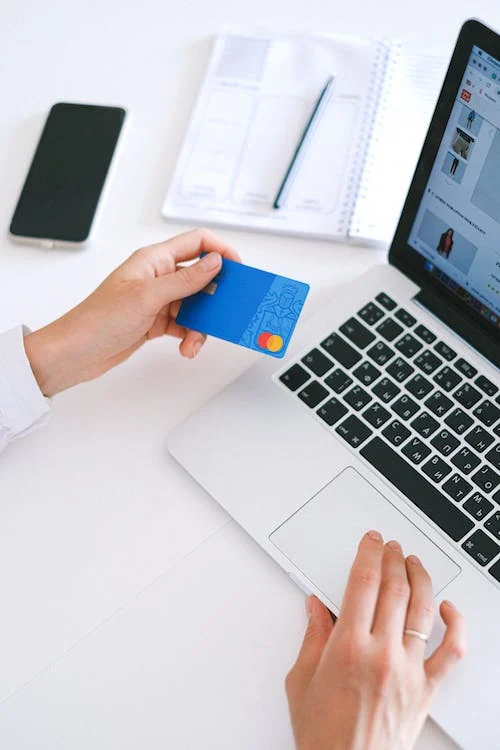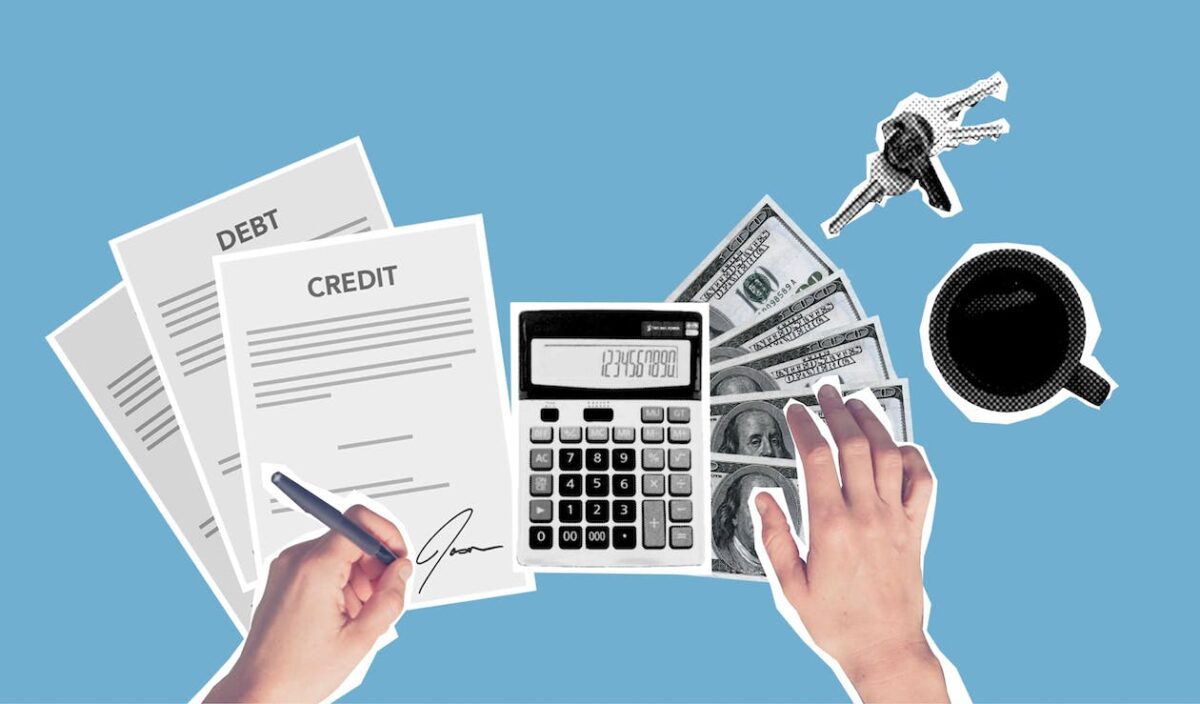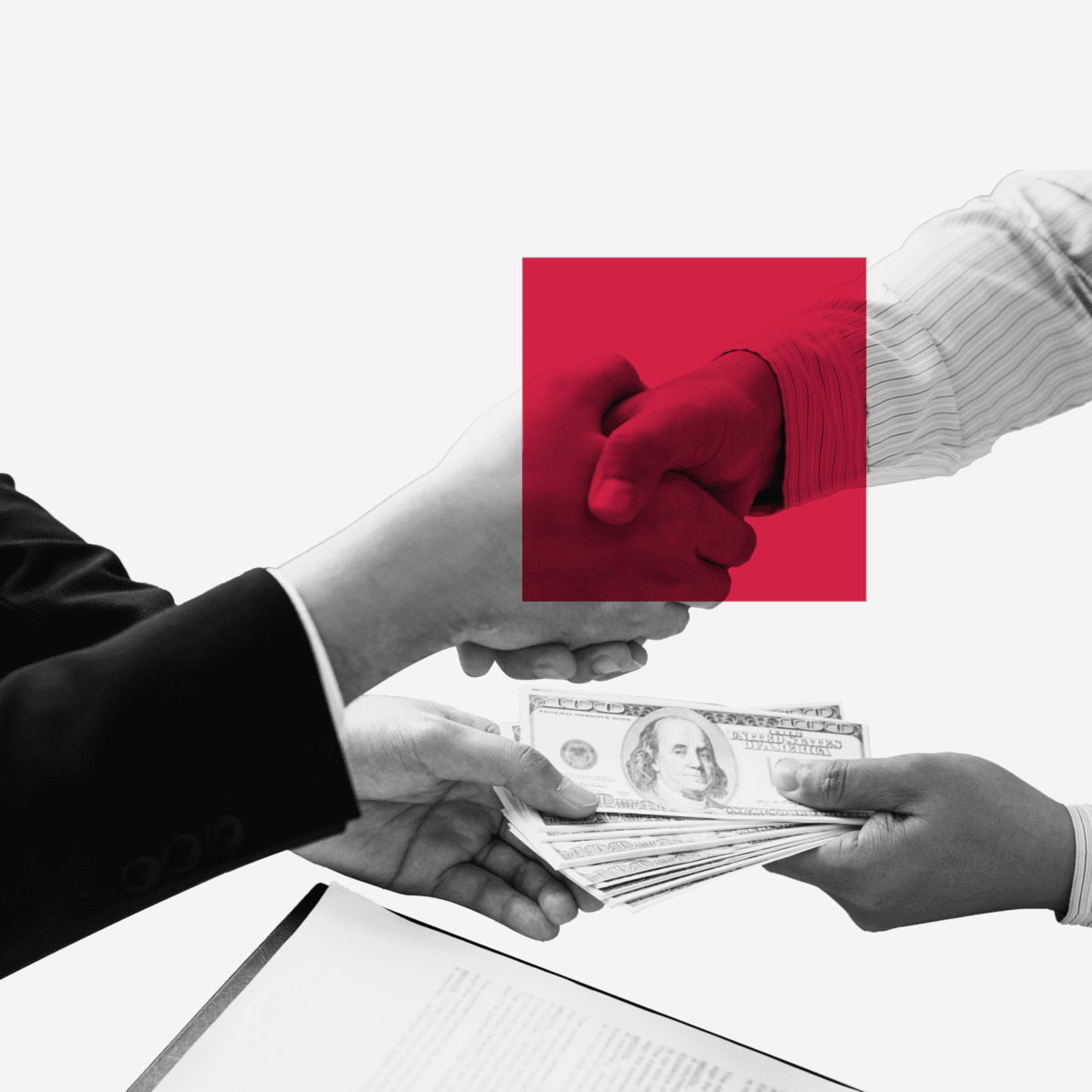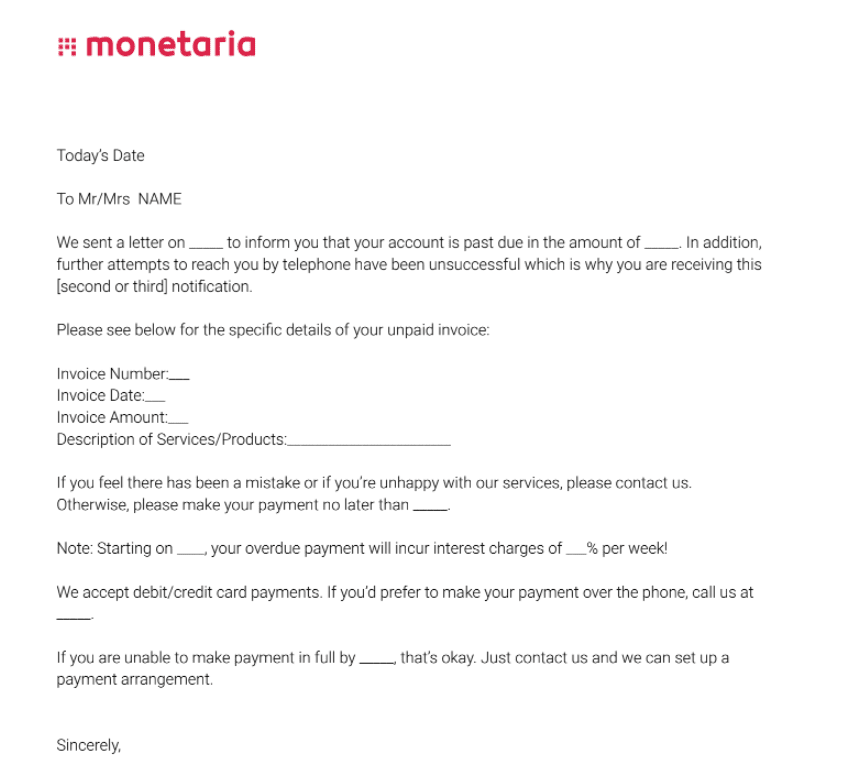If you’re a business owner or manager, it’s likely you’ve had to face the reality of trying to recover payments from delinquent customers and clients who don’t pay their bills. While the occasional late payment- while irritating- is to be expected, if it becomes a regular occurrence, missed payments can be exceptionally harmful to the long-term health of your business, and it may be time to consider hiring a debt collection agency.
A debt collection agency can provide valuable services in helping a business retrieve the money it’s owed, but it’s important to do your research. In a saturated industry filled with murky ethics and gray lines, it can be hard to choose the right debt recovery agency for your needs that also reflects your values.
Here are 5 tips explaining how to hire a debt collection agency:
When you’ve found a debt collection agency that interests you, perhaps referred by a friend or you found one online, it’s important to do your research.
Step 1: Make sure the agency is compliant with federal and state laws
It is absolutely imperative that any debt collection agency you work with understands and is compliant with all relevant federal and state laws related to debt recovery. Working with an agency that has experienced debt collection lawyers on staff (like Monetaria!) is a great way to reassure yourself that everything will be legally compliant and above board. Be sure to also confirm that the debt collection agency you hire is properly licensed as a debt collection agency.
Step 2: Consider the agency’s fee structure
When hiring a debt collection agency, it’s important to consider their fee structure and whether that works for you. Many agencies use a percentage-based fee structure, which means that the amount you’ll pay the agency is based on the amount of money they recover from your delinquent customers. It’s important to ask questions about the fee structure and make sure it’s something you can afford.
Step 3: Get references
Before making your final decision, it’s important to get references from other businesses that have used the agency. Ask for references from businesses that are in a similar industry and have similar needs to yours. This will help you make sure the agency is reputable and will be able to get results.
Step 4: Ask questions
It’s important to ask the agency a lot of questions before hiring them. Ask about the strategies they use to collect a debt, how long they’ve been in business, and their success rate. It’s also important to ask about their customer service policies and any complaints filed against them.
Step 5: Read the contract carefully
Before signing a contract with a debt collection agency, it’s important to read it carefully and make sure you understand all the terms and conditions. Make sure you’re comfortable with the payment structure, the timeline, and any other stipulations in the contract.
Following these steps will help ensure you hire the right debt collection agency for your business needs.
We’re happy you found this article informative! Go back to our blog page to find more tips, tricks and guidance on bookkeeping, to ensure your business gets paid.
If you have unpaid debts that need to be recovered, commercial debt collection may be a good option for your business. A commercial debt collection agency can help you with the process of recovering past-due accounts and provide guidance on best practices for managing accounts receivable.
Led by a team of experienced debt collection attorneys, Monetaria has helped hundreds of businesses recover and collect their outstanding debts and payments. Schedule a FREE consultation with our expert team to see how we can help you recover your money today!






